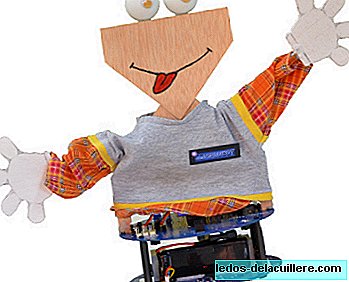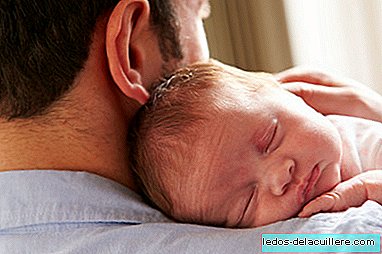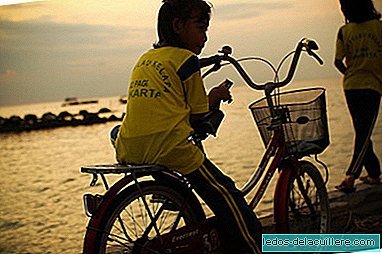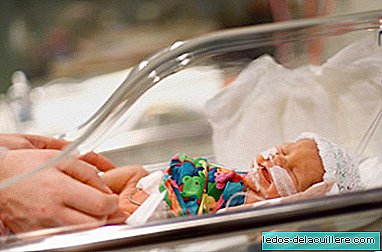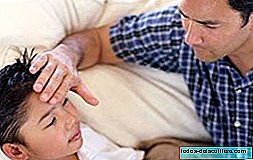
It is preferable to be informed in advance about febrile seizures because if it happens to your child you will take the fright of your life. It is a momentary neurological symptom which usually occurs in children between 6 months and 5 years, being more common in children aged 1 to 2 years. It is a distressing and unexpected situation that occurs between 3 and 5% of perfectly healthy children because of fever from 38 ° and not necessarily at the highest peak. Although the seizures are very dramatic, they are harmless and leave no sequels.
Viral infections derived from colds or ear infections are the ones that most frequently cause febrile seizures, as well as fever caused by a vaccine or roseola (eruptive disease).
What is a seizure like? The child loses consciousness, becomes stiff and begins to shake. Sometimes, you just faint or both happen. Shaking can occur in the whole body or only in one part. In 90 percent of cases they last between a few seconds and 10 minutes maximum, which become eternal. Then the child is exhausted and half asleep. The situation is alarming but we must try to calm down and do the right thing so that the seizure will pass soon. You have to leave the child lying with his head on his side to avoid biting his tongue or drowning if he were to vomit. Remove from your surroundings everything that could hurt you or cause an accident. Never put your hands or something in your mouth or try to stop the movements of the seizure. What can be done is to try to lower the fever with cloths on the front and neck or by passing a sponge with warm (not cold) water through the body. Once it passes, the usual medication can help lower the fever, then take it to the doctor and give all the details of the episode.
If the seizure lasts more than 10 minutes, call the emergency department. If it occurs in children less than 6 months or more than 6 years, several occur in the same febrile process or seizure recovery is very slow, you should take the child to the doctor for a more thorough review because it could be another Cause that causes them.
The child may have a seizure again in subsequent febrile processes, but few suffer more than three times in his life.





